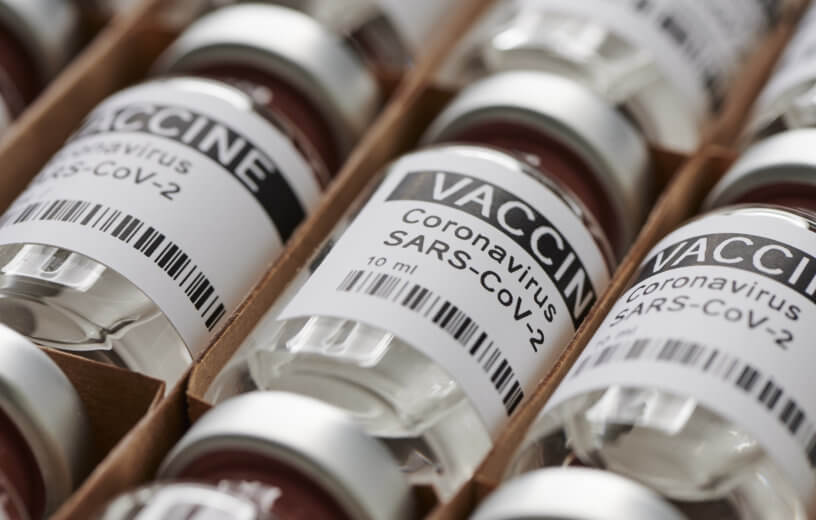ATLANTA, Ga. — The Pfizer COVID-19 vaccine comes in two doses, but a new report reveals nearly two dozen Americans suffered serious allergic reactions before making it to their second shot.
The study in JAMA warns that patients with a history of allergies to foods, animals, insect stings, or medical products should be observed for up to 30 minutes after receiving the vaccination. Study authors advise that plenty of epinephrine, the gold standard in treating allergic attacks, should also be on hand at vaccination sites.
The Centers for Disease Control and Prevention (CDC) identified 21 cases of anaphylaxis among almost 1.9 million people getting their first dose of the Pfizer drug. Dr. Tom Shimabukuro and Dr. Narayan Nair say four people had to be hospitalized for an allergic reaction to the vaccine. Three of the patients ended up in the intensive care unit. The other 17 experiencing a reaction received treatment in local emergency departments and released.
“Anaphylaxis is a life-threatening allergic reaction that occurs rarely after vaccination, with onset typically within minutes to hours,” the study authors write in their report.
What are the symptoms of an allergic reaction?
Researchers estimate the rate of allergic reactions to the coronavirus vaccine stands around 11 cases for every one million doses. For comparison, the CDC says finds just over one person in a million will experience anaphylaxis after getting a flu shot. CDC officials add however that this is “still exceedingly rare.”
The agency is urging the general public to continue signing up to receive their COVID inoculations.
“No deaths from anaphylaxis were reported,” researchers write. “20 (95%) are known to have been discharged home or had recovered at the time of the report to VAERS.”
The Vaccine Adverse Event Reporting System (VAERS) is the nation’s surveillance system which passively monitors for adverse reactions to vaccinations.
The study finds that the average time to onset of symptoms is about 13 minutes. In one case however, it took two and a half hours before the patient suffered an allergic attack. For 18 patients, they experienced anaphylaxis within 30 minutes.
The most common symptoms include itchy rashes, swelling beneath the skin, and throats starting to close up. Seventeen of the patients had a documented history of allergies or allergic reactions.
Researchers also note there were 83 cases of non-anaphylaxis allergic reactions to the Pfizer vaccine. Symptoms ranged from itching and rashes, to scratchy sensations in the throat, to mild respiratory trouble.
Making COVID vaccination sites safer
Shimabukuro and Nair lay out several precautionary measures they say vaccination sites need to be following to prevent a potentially life-threatening situation.
“Specifically, vaccination locations should ensure that necessary supplies are available to manage anaphylaxis, especially sufficient quantities of epinephrine in prefilled syringes or autoinjectors,” the authors explain.
The team recommends vaccine sites screen all patients for potential risks and monitor recipients for 15 to 30 minutes post-injection.
“Mortality from COVID-19 in populations at high risk is substantial, and treatment options are limited,” the doctors add. “Widespread vaccination against COVID-19 with highly effective vaccines represents an important tool in efforts to control the pandemic. CDC guidance on use of mRNA COVID-19 vaccines and management of anaphylaxis is available.”
“Patients experiencing anaphylaxis should be transported to facilities to receive appropriate medical care,” the team concludes. “All patients should be instructed to seek immediate medical care if they develop signs or symptoms of an allergic reaction after their observation period ends and they have left the vaccination location. Clinicians have an important role in vaccine safety monitoring by being vigilant in recognizing and reporting adverse events to VAERS.”
SWNS writer Mark Waghorn contributed to this report.
